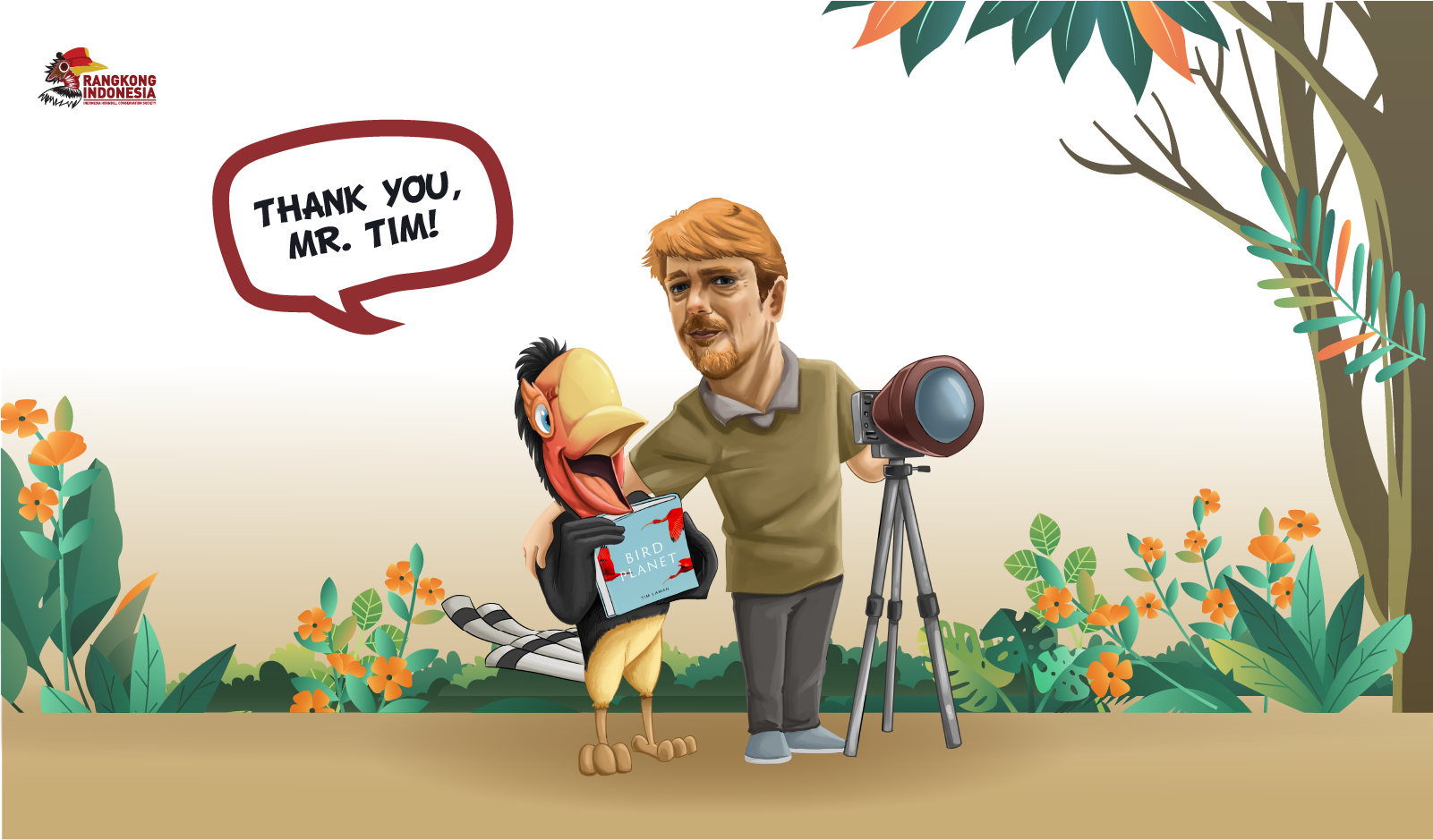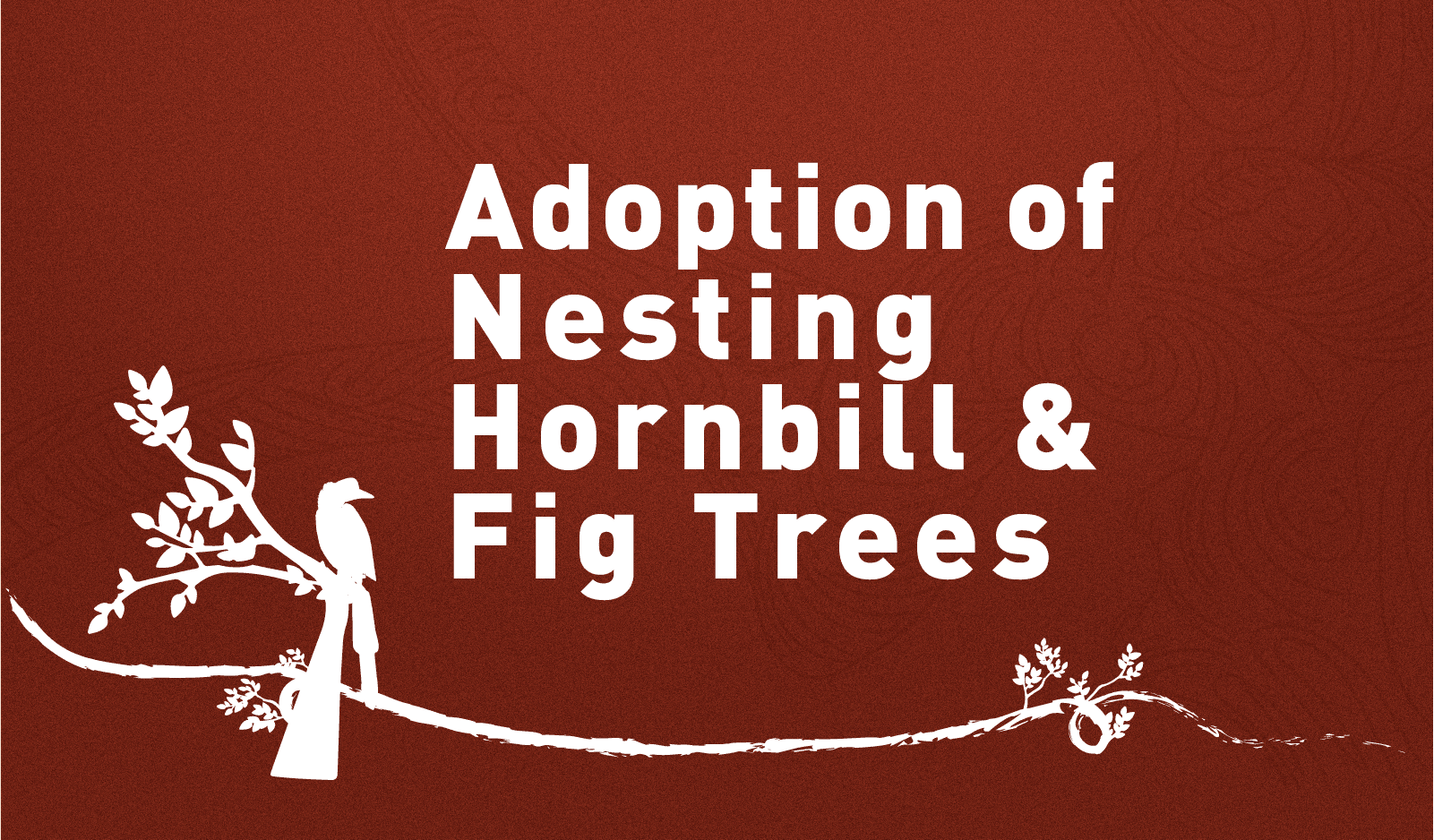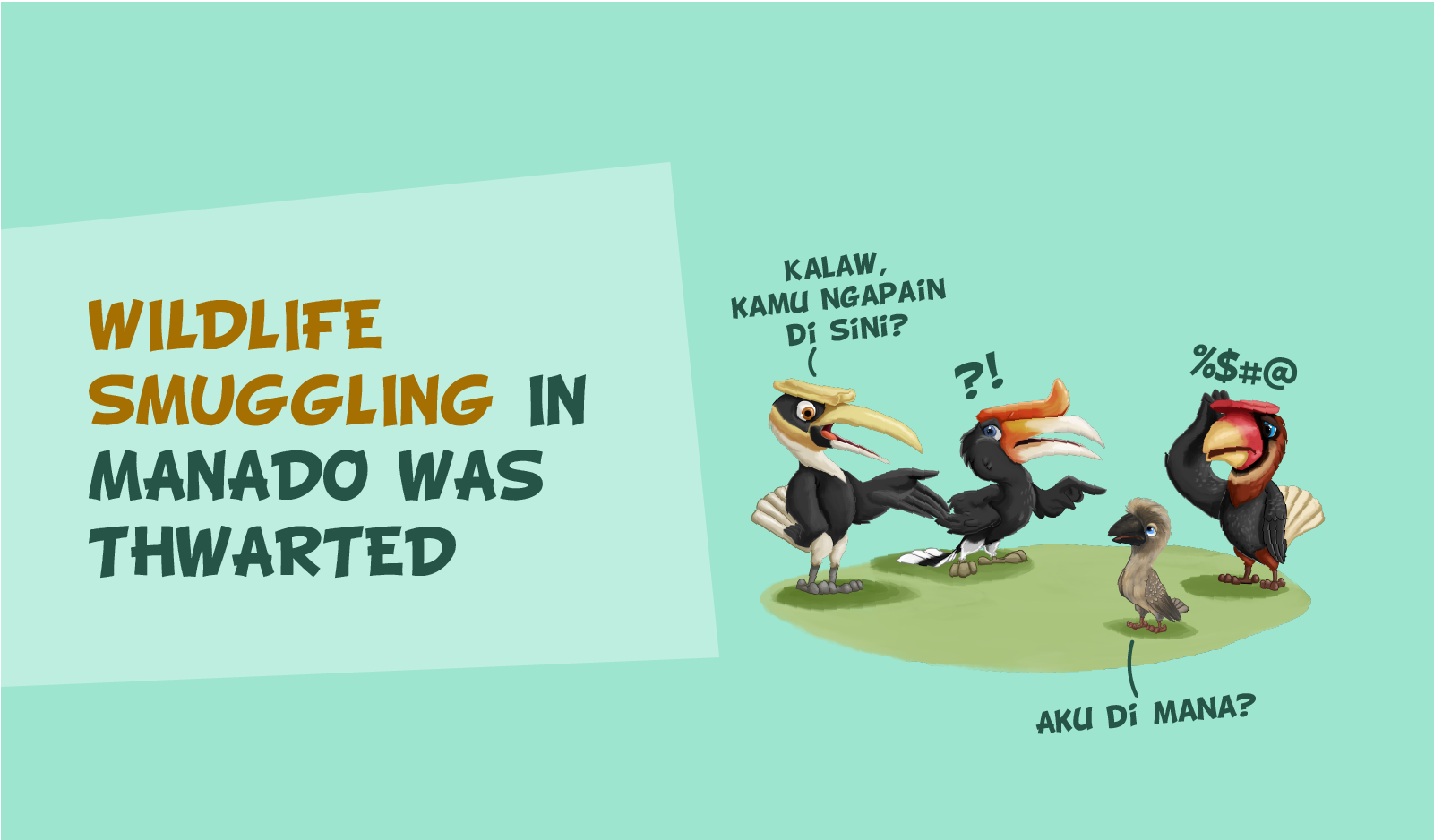Rangkong Indonesia is one of the conservation units under the auspices of Rekam Nusantara Foundation. It is a non-profit organization focused on voicing issues the environment that exists in Indonesia with wealth in it. Indonesian hornbills formed in order to carry out various efforts to save the endemic birds of Kalimantan. Bird charismatic known as "The Forest Farmer".
But over time, this bird that became the mascot of West Kalimantan Province endangered. He can no longer fly as freely as before. Frequent hunting, the illegal trade in this bird also continues to occur. Even the trees in which it nests a lot was cut down as land use change continued to occur. No doubt, even the hornbill that has nested, often fails. Meanwhile, the availability of feed in their habitat is also increasing reduced.
This also causes the population to decrease in a very fast time. If you look at his status in 2011, he falls into the category of almost threatened. But in 2015, its status changed to critical. The government also designated this animal on the list protected. The IUCN calls the Helmeted Hornbill (Rhinoplax vigil) Critically Endangered (CR), just one more stage towards extinction.
Of the 13 spices of hornbills that exist, eight of them live in Kalimantan. They include Helmeted hornbill, White-crowned hornbill, Rhinoceros hornbill, Bushy-crested hornbill, Wringkled hornbill, Wreathed hornbill, black hornbill and Oriental-pied hornbill. The same is the case with the ivory hornbill, all of these types of hornbills are also in threatened condition.
This condition certainly cannot be left alone. Without a rescue effort as good as possible, the Helmeted hornbill will probably only be a picture in the mascot of borneo province west only. Our children and grandchildren, probably won't be able to see the forest farmer's bird flying freely directly.
For this reason, we are trying to save hornbills and their habitats. Currently we has identified 20 feed trees and nests that need to be rescued as soon as possible. We packed the tree rescue through a feed tree donation program and hornbill nest. To save the trees, is to also save hornbills from the threat of extinction.
Through this program, we hope to save the hornbill from loss nest trees and the destruction of their habitat. So that the nest and its feed will always be there. In order to make the program a success, we need financial support of Rp.50 million.
Of the total fund allocation, RP.40 million will be used for operations in maintaining the twenty nest trees and existing feed. The rician is Rp.2 million per tree. Funds it is used for logistics needs, consumption, transportation, honorarium para champion, as well as the owner of the land on which the tree lives. While the remaining IDR 10 million, will used for training and surveys with the surrounding community.
The program will be run for three months, according to the banyan tree encroachment cycle which became the hornbill's nest. Some of the communities around us are involved as champion to jointly guard the trees. Previously they were also training has been given to observe the development of hornbills, nests and feed. The surrounding community also benefits directly from this program.
Through this program, we hope that hornbills and their habitats can remain sustainable. Free from various threats of hunting, felling of nest trees and their feed. So that he can stay fly freely scattering the seeds of life. Spreading the seeds of very trees beneficial to all of us.
Support from all colleagues, regardless of the nominal, will certainly be very useful in order saved the charismatic bird. So that our children and grandchildren in the future, not only get to know the hornbill through pictures alone. But also be able to watch the bird firsthand fly freely, scattering the seeds of life.
Ultimately, caring for the forest farmer requires the role and collaboration of all party. Maintaining its sustainability, while also keeping the forest sustainable. Let's be together caring for the forest farmer still flies spreading the seeds of life.
Rescue hornbill, means saving the forest anyway. Keeping the air clean. Safeguarding this nature from the threat of global warming.







